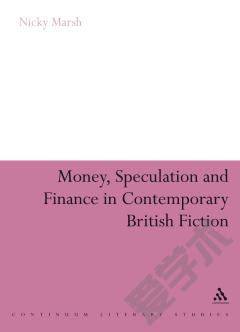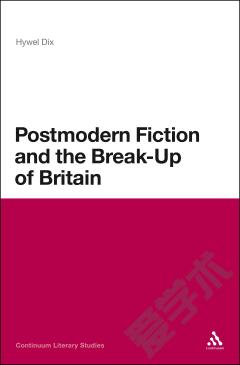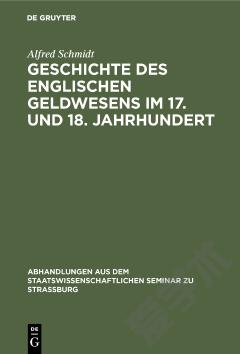Money, Speculation and Finance in Contemporary British Fiction
Synopsis A key monograph surveying the portrayal of finance and money in British fiction over the last thirty years. Description Fiction has become increasingly concerned with the political and imaginative significance of finance, speculation and the money markets - from Ian Fleming's Goldfinger to Jonathan Coe's What a Carve Up and Martin Amis' Money. This book argues that recent British fiction demystifies the 'weightless' economy of contemporary money and critiques the popular sense of money as being everywhere but nowhere. The monograph provides a comprehensive survey of a large body of fictional texts that have striven to represent and understand the formative significance of finance capital on contemporary culture. In these novels, the implications of finance capitalism for political identity, for class politics, for the sovereignty of the nation state and a new global order are all explored, dramatised and critiqued. Authors covered include Margaret Drabble, Ian McEwan, Jonathan Coe, Alan Hollinghurst, Martin Amis and Malcolm Bradbury. Table Of Contents Introduction: Fiction and the Fictitious: Reading the Money Economy 1. 'Kiss, Kiss, Bang, Bang': Money and the Thriller 2. Sound Money: Thatcher, Gender and the State 3. Bang, Boom, Bust: The Fortune of the City 4. Rogue Traders: The Professional Politics of Money in Popular Fiction 5. Women, Work and Risk Conclusion: The Known and the Unknown Bibliography Index
{{comment.content}}








 京公网安备 11010802027623号
京公网安备 11010802027623号